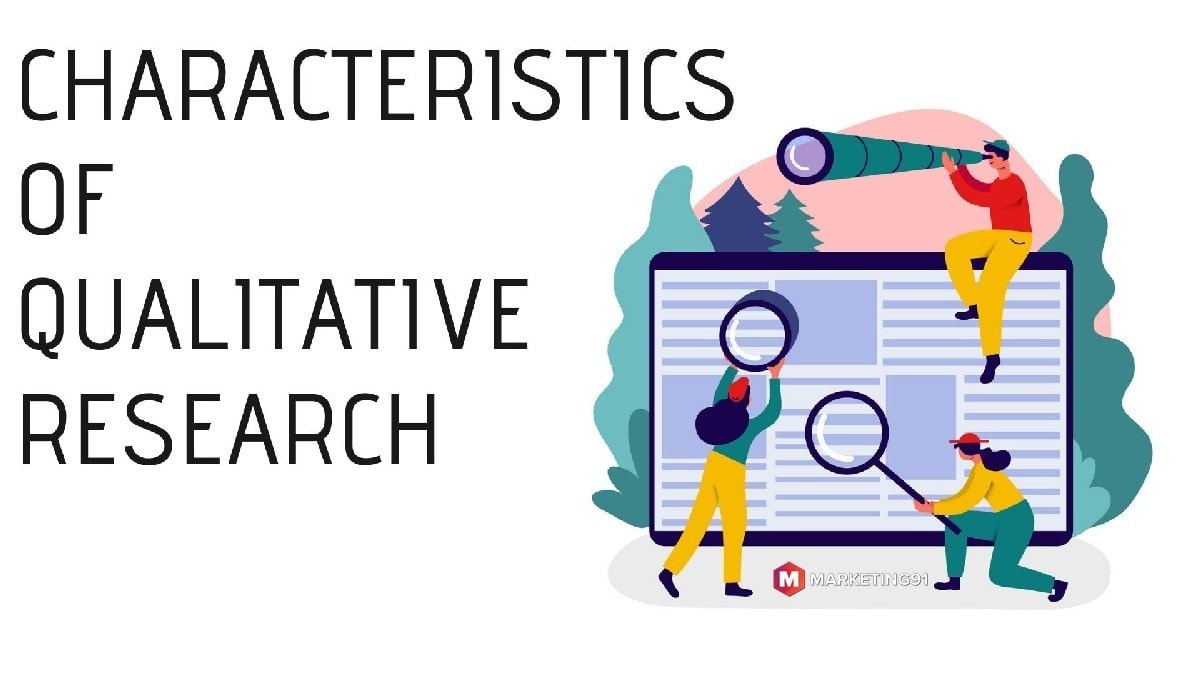
Qualitative research is a method of inquiry that explores and seeks to understand complex, nuanced phenomena through non-numerical data.
Here are ten key Characteristics of Qualitative Research:
In-Depth Understanding: Qualitative research aims to gain an in-depth understanding of the research subject, including the underlying meanings, motivations, and contexts.
Subjective and Contextual: It acknowledges the importance of subjectivity and context in research. Researchers seek to understand the perspectives and experiences of participants.
Open-Ended Data Collection: Qualitative research uses open-ended data collection methods such as interviews, observations, and open-ended surveys to gather rich and detailed information.
Small Sample Sizes: Qualitative research often involves smaller, purposefully selected samples to explore specific aspects of a research question in depth.
Flexible Research Design: The research design is flexible and adaptive, allowing for the emergence of themes and patterns as data is collected and analyzed.
Data Interpretation: Qualitative research involves the interpretation of data through thematic analysis, content analysis, or narrative analysis. Researchers identify patterns, themes, and variations.
Rich and Descriptive Data: Qualitative data is rich and descriptive, consisting of textual or visual information that captures the complexities of human experiences.
Open-Ended Questions: Qualitative research uses open-ended questions that encourage participants to express themselves freely and in their own words.
Contextual and Holistic: It seeks to explore the research subject within its broader context, considering social, cultural, and environmental factors.
Emergent Theory and Hypotheses: Qualitative research can lead to the development of emergent theories and hypotheses based on the data. Researchers may identify new concepts and ideas during the study.
Qualitative research is commonly used in social sciences, psychology, anthropology, and fields where understanding human behavior, perceptions, and experiences is paramount. Its characteristics make it well-suited for exploring complex, subjective, and context-dependent research questions.
Thank you.